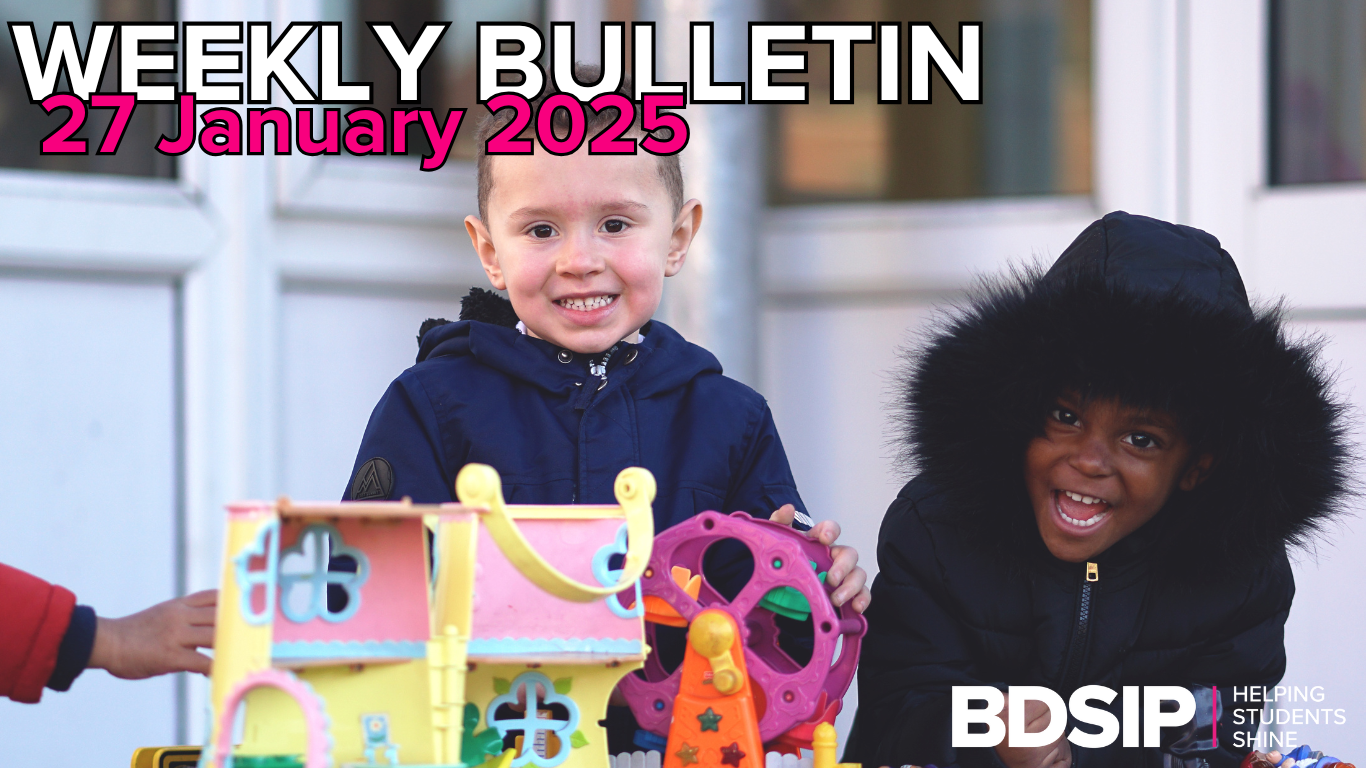Adela Kay, Assistant Headteacher at Aspire Virtual School, has conducted in-depth research on a variety of pressing issues affecting children and young people within our community.
For July’s research, Adela shares a range of research and reflections, including new insights on EHCP provision, puberty and SEND, unaccompanied asylum-seeking children, and maternal deaths for women involved with Children’s Social Care. Below, you’ll find summaries and links to research and resources intended to support professionals working with children and young people.
Harmful Sexual Behaviour
This set of resources comes from the Lucy Faithfull Foundation and is designed as a resource for schools, including a free webinar, focussing on harmful sexual behaviours and ways in which schools can tackle them. I thought the resources looked good and, alongside the work from Talk Consent which will be rolled out across the borough through Shelina in the autumn, will hopefully start to challenge concerning behaviour of this type.
📌 Find out more here: Keeping everyone safer in schools: what we’ve learnt from working with more than 240 schools to prevent harmful sexual behaviour – Lucy Faithfull Foundation
EHC Plans / SEND Provision
The FFT have done a recent analysis across the last decade looking at the local needs from EHCP plans and the relevant local provision. I found this article quite interesting particularly the analysis by local authority showing cold and hot spots for numbers of children and their school placement.
The article raises questions regarding provision for the growing EHCP population at primary as they come into secondary and if not mainstream then where?
📌 Find out more here: Where do we need more provision for pupils with EHC plans? – FFT Education Datalab
Puberty and Learning Disabilities
On a different note but still with a focus on SEND, the NSPCC Learning has created some resources around Puberty and Learning Difficulties for use with children and young people who may struggle to understand the changes their bodies are experiencing.
The resource is designed to be shared with parents/carers and young people who have learning disabilities.
📌 Find out more here: Navigating puberty | NSPCC Learning
Unaccompanied Asylum-Seeking Children
There has been a recent report written by the Greater Manchester Immigration Aid Unit looking at children’s experiences of Adult Asylum Hotels.
The headlines are that children accommodated with unknown adults often experience poor mental health. This is not perhaps a surprise but should be considered a safeguarding catastrophe. The report highlights the impact of age assessments, where children are classed as adults by the Home Office in error — something for Virtual School colleagues to consider when supporting our asylum-seeking young people.
At the end of the summary there are recommendations for the Home Office, for local authorities, and for accommodation providers.
📌 Read here: New Report – “This system destroys you”: Children trapped in adult asylum hotels by the Home Office – GMIAU
Maternal Deaths for Women with CSC Involvement
As part of the work with Family Hubs and Start for Life, I have been looking in borough about how we can improve the experience of young children before they come to school to better ready them for a school setting.
Although this study is looking at maternal death at birth or within the first year following birth, the key message from this report is that maternity care pathways need to adjust and customise support for women who may have complex social adversity.
In borough we have been looking at baby boxes for the most in need and early identification of those who need support, pre and immediately post birth.
📌 Find out more here:
📌 Characteristics, outcomes, and maternity care experiences of women with children’s social care involvement who subsequently died: national cohort study and confidential enquiry – BMJ Medicine
📌 Media response – BMJ Medicine
Child Criminal Exploitation
NSPCC Learning has published a series of expert insight films on child criminal exploitation (CCE). The films include contributions from several experts and cover a range of issues, including: what child criminal exploitation is; the risks facing children and young people; the signs a child may be experiencing CCE; and how professionals can support children and families. The series can be found here, each video is about 3-4mins long so super short but very informative.
📌 Watch here: Child criminal exploitation: expert insight videos | NSPCC Learning
Children in Police Custody
The findings of two reports have been published by the All-Party Parliamentary Group (APPG) on Children in Police Custody, exploring the treatment of children and young people in police custody in England and Wales. The APPG heard from children and young people, police forces, practitioners, volunteers and experts in a year-long inquiry. APPG recommendations for reform include making police detention the last resort for a child and a full review of the appropriate adult safeguard. Alongside the main inquiry report, there is an accompanying report ‘Hearing young voices on strip search’ which calls for changes to the law to introduce a presumption against the strip search of children, unless there are exceptional circumstances.
📌 Find out more here:
📌 Making children’s rights a reality in police custody – appgchildrenincustody.org
📌Children should not be strip-searched or detained unless a last resort, say MPs
Best wishes,
Adela


